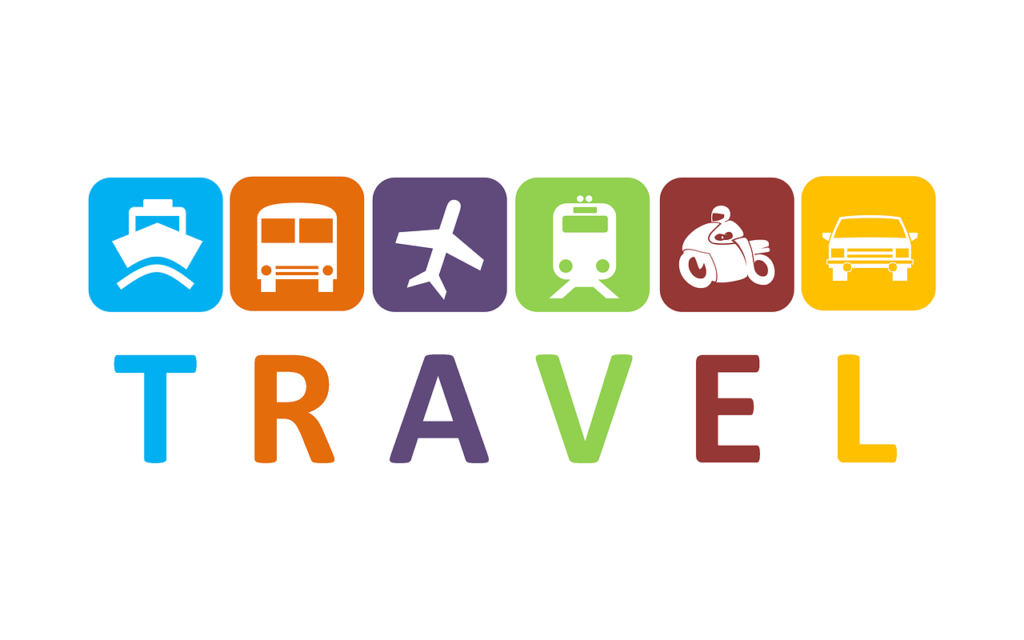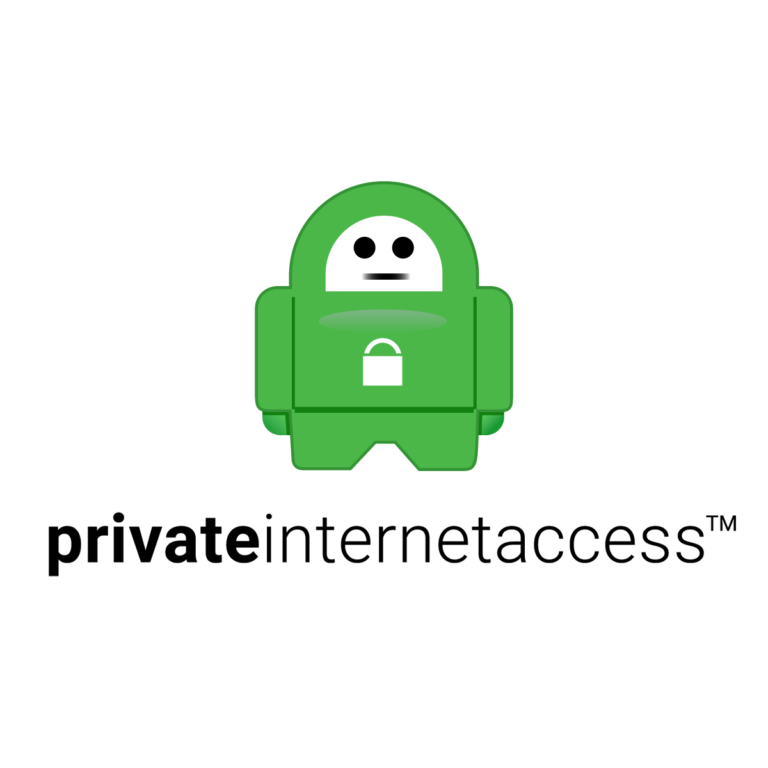
Traveling can be one of the most exciting experiences, but it often comes with its own set of challenges when it comes to internet access, security, and privacy. Whether you’re on a vacation or a business trip, having a reliable Virtual Private Network (VPN) at your disposal can significantly enhance your online experience while traveling. In this post, we’ll explore why a VPN is essential for travelers, what to look for in a good VPN, and a simple guide on how to set it up.
Why You Need a VPN While Traveling

1. Security on Public Wi-Fi
One of the biggest threats while traveling is connecting to public Wi-Fi networks. Cafes, airports, hotels, and even public transportation often offer free Wi-Fi, but these networks are usually unsecured, making them prime targets for hackers. Cybercriminals can exploit these networks to intercept your sensitive data, including passwords, credit card information, and personal emails.
A VPN encrypts your internet connection, making it nearly impossible for anyone on the same network to monitor your online activities. This added layer of security is crucial, especially when you need to access sensitive information or make financial transactions.
2. Bypass Geo-Restrictions
Certain websites and services may be restricted based on your location, whether it’s streaming platforms, news outlets, or social media. Some countries, like China and the UAE, even impose strict internet censorship laws that block access to popular platforms like Google, Facebook, and Twitter.
A VPN allows you to change your virtual location by masking your IP address and connecting to a server in another country. This enables you to access geo-restricted content and services, giving you the freedom to enjoy the internet as if you were back home or anywhere else in the world.
3. Avoid Unfavorable Pricing
Many online services and websites, such as airlines and hotel booking sites, display different prices based on your geographic location. This means you could be paying more for a flight or accommodation simply because you’re traveling from a different country.
By using a VPN, you can trick the website into thinking you’re browsing from a different location, potentially unlocking cheaper prices. This can lead to significant savings, especially for frequent travelers.
4. Prevent Data Throttling
Some internet service providers (ISPs) throttle or slow down your connection when you use certain online services, like streaming video or gaming. A VPN can help bypass these restrictions by masking your online activity, ensuring that you enjoy an uninterrupted and fast browsing experience, even while traveling.
5. Privacy and Anonymity
When you’re in a foreign country, maintaining your privacy online becomes more important than ever. Governments, ISPs, or even third-party advertisers may be tracking your every move. A VPN helps to anonymize your browsing activity, allowing you to surf the web without worrying about being monitored.
What to Look for in the Best VPN for Travel
Choosing the right VPN for your travel needs can be overwhelming with so many options available. Here’s a list of features to consider when selecting the best VPN:
1. Fast Speeds
When traveling, you may need to use the internet for video calls, streaming, or accessing important work resources. A slow connection can be frustrating and counterproductive. Look for a VPN that offers fast and stable speeds to ensure a smooth online experience, even in countries with slower internet.
2. Global Server Network
The more servers a VPN has across the world, the better your chances of finding a server near your location or in your home country to ensure fast speeds and access to geo-restricted content. A VPN with a wide server network is especially beneficial when traveling to countries with strict internet censorship or when trying to bypass geo-blocked websites.
3. Strong Encryption and Security Protocols
Security is crucial when using public Wi-Fi and traveling through regions with questionable data protection laws. Ensure the VPN uses strong encryption (such as AES-256) and robust security protocols (like OpenVPN or WireGuard) to safeguard your information from hackers, snoopers, and surveillance.

4. No-Logs Policy
A VPN that adheres to a strict no-logs policy means it doesn’t track or store your online activities. This feature ensures your privacy is protected, especially when you’re in a foreign country where privacy laws might not be as stringent as your home country.
5. User-Friendly Apps
Traveling often means you’re juggling multiple things at once, so having a VPN with a simple, easy-to-use interface is important. Look for VPNs that provide apps for your devices (laptop, phone, tablet) with intuitive designs, so you can quickly connect to a secure server wherever you are.
6. Reliable Customer Support
Even with the best VPNs, you may encounter occasional issues or need assistance while traveling. Having access to 24/7 customer support, either through live chat, email, or phone, is invaluable when you need help on the go.
7. Device Compatibility
Make sure the VPN you choose supports all the devices you’ll be using while traveling. Many VPN providers offer compatibility with major operating systems such as Windows, macOS, iOS, and Android. Some also support routers, smart TVs, and gaming consoles.
Easy VPN Setup Guide for Travelers
Setting up a VPN doesn’t need to be complicated. Follow this simple step-by-step guide to get started:
Step 1: Choose Your VPN Provider
Based on the features above, choose a VPN provider that best fits your needs. Popular and reliable options for travelers include:
- NordVPN – Offers top-notch security and privacy features.
- ExpressVPN – Known for fast speeds and a global server network.
- CyberGhost – User-friendly interface with strong encryption.
- Surfshark – Affordable with unlimited device connections.
- Private Internet Access (PIA) – Great for security and privacy.
Step 2: Sign Up and Install the VPN
After choosing your VPN, visit their website, create an account, and select a subscription plan. Once you’ve signed up, download and install the VPN app on your devices. Most VPNs offer apps for Windows, macOS, Android, and iOS, and the installation process is usually simple and straightforward.
Step 3: Login and Configure Settings
Open the VPN app, log in with your account credentials, and choose the server location you’d like to connect to. Many VPNs allow you to select a specific country or even a city. Some may also have automatic connection options to the best server based on your location.
For enhanced security, go into the settings and ensure you have enabled features like “Kill Switch” (which disconnects your internet if the VPN connection drops) and “DNS Leak Protection” (which prevents your real IP address from leaking).
Step 4: Connect and Enjoy the Web Securely
Once you’re set up, simply click on “Connect” to activate the VPN. Now you can browse the internet securely, access restricted content, and protect your privacy while traveling.
Step 5: Disconnect When Done
When you’re finished using the VPN, don’t forget to disconnect from the server. This will stop your traffic from being encrypted and ensure you’re no longer routing your data through the VPN server.
Conclusion
A VPN is a travel essential that offers peace of mind when accessing the internet in foreign locations. Whether you’re concerned about security on public Wi-Fi, trying to bypass geo-restrictions, or looking to protect your online privacy, a good VPN can make all the difference. With so many VPNs available, be sure to choose one that meets your needs in terms of speed, security, and ease of use. By following this guide, you can stay safe and enjoy a worry-free internet experience wherever your travels take you.
Happy and safe travels!



